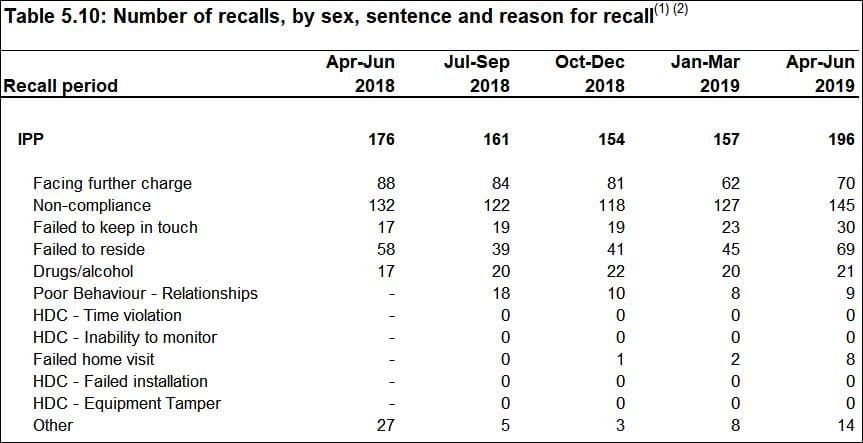The Important Role of IPP Sentences in Criminal Justice

Introduction to IPP Sentences
IPP, or ‘Imprisonment for Public Protection’, sentences play a significant role in the United Kingdom’s criminal justice system. Initially introduced through the Criminal Justice Act 2003, these sentences were designed to protect the public from dangerous offenders. IPP sentences have been a topic of considerable debate in recent years, particularly concerning their effectiveness and the implications for rehabilitation and human rights.
Understanding IPP Sentences
IPP sentences are given to offenders sentenced for certain serious crimes, indicating that they pose a risk to the public. Unlike standard fixed-term sentences, an IPP sentence does not have a specific end date. Offenders sentenced under IPP must serve a minimum period in custody, known as the ‘tariff’, after which their release is subject to a risk assessment by the parole board. If the board finds that the offender no longer poses a threat to society, they may be released under license, but they remain subject to supervision and conditions.
Current Events Surrounding IPP Sentences
In recent years, the implementation of IPP sentences has faced scrutiny. As of 2023, statistics show that over 3,000 individuals remain imprisoned under IPP sentences, even after serving their minimum tariff period. Reports indicate that a significant proportion of these offenders are struggling to secure release due to the stringent risk assessment processes. This has raised concerns about overcrowding in prisons and the potential for human rights violations, as some individuals languish in custody without clear pathways to rehabilitation.
Government Response and Changes
The UK government has acknowledged these issues and announced a comprehensive review of IPP sentences. The review aims to assess the current system’s effectiveness, focusing on rehabilitation and the integration of offenders back into the community. Advocates for reform argue for more transparent criteria for risk assessments and recommendations for shorter review periods to ensure that individuals are not unjustly detained.
Conclusion
IPP sentences highlight a complex balance between public safety and individual rights within the UK criminal justice system. As discussions around reform continue, the emphasis must remain on ensuring that sentences serve their intended purpose without compromising the dignity and rehabilitation of offenders. The future of IPP sentences will depend on successful navigation between the needs of public safety and those of humanity, fostering a more equitable justice system for all.









